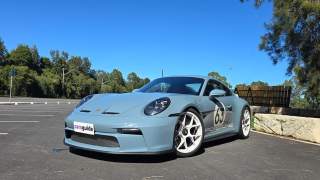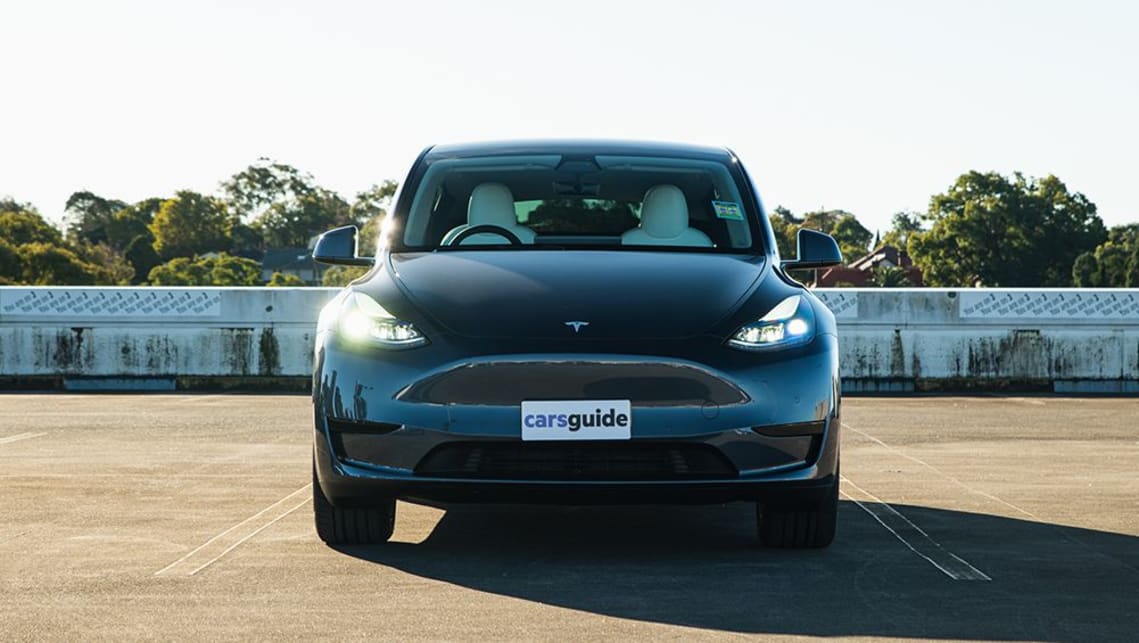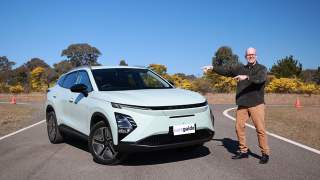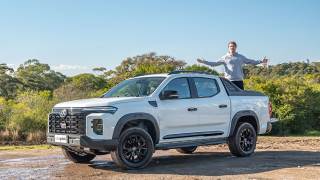
Tesla Australia opens up electric car charging network to other brands like Hyundai, Mercedes and Kia
- Nissan LEAF
- Tesla MODEL Y
- Tesla MODEL 3
- Kia EV6
- BYD Atto 3
- Kia News
- Nissan News
- Tesla News
- BYD News
- Kia
- Nissan
- Tesla
- BYD
- Car News
- EV News
- News
- EV
- EVs
- Electric
- Electric Cars
- Green Cars
- Industry news

Tesla Australia has opened up nearly half of its charging network to electric cars from other brands.
After a pilot program with five chargers in New South Wales, 30 out of the 63 Tesla Superchargers will now work with EVs from Hyundai, Mercedes-Benz, Kia and more as the brand pushes for more electric car adoption.
“Tesla’s commitment to the global shift towards sustainable energy is evident through providing access to Supercharger locations across Australia for non-Tesla electric vehicle drivers,” it said in a press release.
Read more about Tesla Model 3
- Keep your hands on that Tesla Model 3 wheel! Electric car brand cops more heat from NHTSA over 'Autopilot' functionality
- Onto the grid: Australians have bought five times as many electric cars this year than last thanks mostly to Tesla
- Is the Tesla Model Y the new Hyundai Excel? How the American electric car is winning the EV race | Opinion
However, non-Tesla owners will still need to download the brand’s smartphone app to make use of the network, with expanded Supercharger sites found across NSW, Victoria, South Australia, the ACT, Queensland and Western Australia.
Tesla is also touting the reliability of its charging network, with an average global uptime of 99.95 per cent in 2022, while also spruiking that it relies entirely on renewable sources for its chargers.
Tesla is by far the largest EV brand in Australia, accounting for 29,511 of the 49,938 new electric car sales to the end of July this year.
The Tesla Model Y SUV is the most popular EV so far this year with 17,332 new registrations, followed by the Model 3 sedan on 12,179.
Trailing the Tesla pair is the BYD Atto 3 (7201) and supply-constrained models like the Hyundai Ioniq 5 (526) and Kia EV6 (702), as well as the ageing Nissan Leaf (287).










Comments